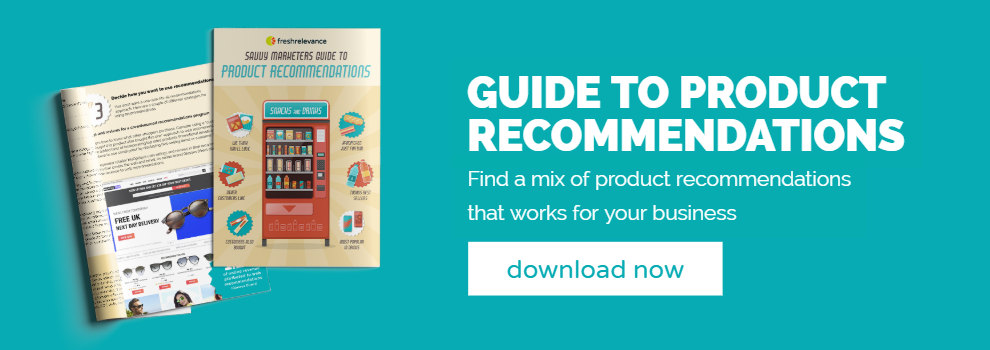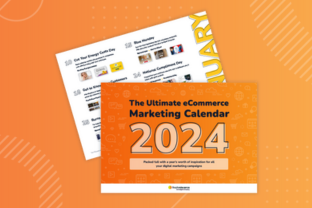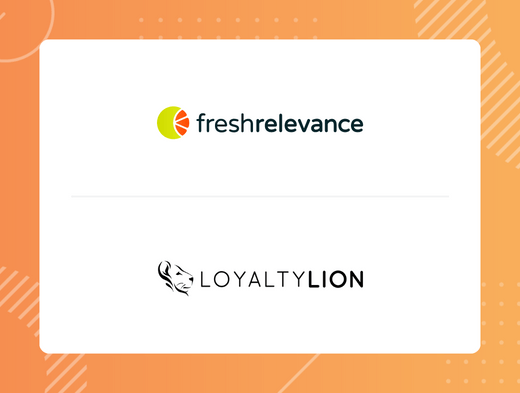It’s difficult to escape the many articles heralding the commercial potential of AI — and little wonder Gartner recently announced that 70% of organizations will assist workers with AI by 2021. Marketers will certainly stand to benefit, but it’s important to recognize the misnomers surrounding AI and understand what is hype and what is reality.
Most AI marketing software isn’t Artificial Intelligence
For all the talk around Artificial Intelligence, right now, the machine on its own isn’t intelligent, and we’re a long way away from that. Instead, in most cases, the term AI is used to describe Machine Learning i.e. machines using data to spot behavioral patterns that look at what customers are doing and build predictive models.
This can not only optimize conversion rates but also offers device-based and local time-based insights to help determine at what time and on which channel which marketing message should be served to each individual shopper for maximum effect. To help them discover more items they might like, prevent them from running out of their favorite product or from lapsing as a customer.
We are increasingly beginning to realize the potential of AI-driven technology, whether that be the optimization of content, email subject lines, advertising, social media or smart pricing.
Throwing data at machines doesn’t make them smarter
Perhaps most appealing to marketers, AI automates repetitive tasks and those requiring lots of data crunching — where marketers believe themselves to be creative souls, this certainly helps mitigate some of the more boring parts of their job.
But there are limitations to its brilliance and a human hand is still required to guide AI. For example, imagine a retailer wants to clear their warehouse inventory before next season. AI won’t know which products need to be focused on. But once the marketer has highlighted the excess stock to the machine, AI can take out the guesswork of how to identify the consumers most likely to be interested in them.
What AI can deliver and how it can help
The ‘AI is a bit creepy’ line of thought is also somewhat more over played in the media than is fair — largely because, right now, AI’s functionality is much more limited than people give it credit for and AI is largely being used in a functional way.
Brands must interact with their customers in a much more personal way, but doing so requires having access to rich sources of relevant data and being able to apply it in an intelligently and timely way. When you are talking about large, often global customer bases, this can only be made possible through the automation of personalization.
For example, our clients’ products are tagged in their online product portfolio, so when a shopper browses, carts or purchases products, the tags from those items (color, style, brand etc.) are then linked with that shopper. As a result, a marketer can use AI to deliver highly personalized targeting of products to their customers (both on the web and in marketing emails) based on purchasing and browsing behavior. What’s more, because the data tracking is live, if the shopper displays a change in preference, such as switching from always buying black shoes to brown, the dynamic content will automatically update.
Understanding how to speak to your customers
On the horizon, we are beginning to have an increasingly clear vision for how AI might help marketers in the near future. I predict it will soon start to help recognize when a shopper is ready to buy or browse; I also think image-based and text-based AI will become vital for product recommendations.
But for the moment, hype aside, AI and Machine Learning technology certainly stands to support marketers in scaling the huge amount of data they collect — returning actionable insights and delivering real-time content at every stage of their customer’s journey.
Debunking AI Myths for Business Growth
There are many misconceptions about AI in marketing, and businesses that rely too much on AI without understanding its limitations can face challenges. AI does not replace human intuition or creativity; rather, it enhances decision-making by offering data-driven insights. Some marketers believe AI can instantly revolutionize their campaigns without effort, but in reality, AI works best when paired with strategic human oversight. Recognizing this balance is crucial for sustainable business growth.
Moreover, debunking AI myths can help businesses set realistic expectations. AI is not a one-size-fits-all solution, nor is it infallible. It requires clean, well-structured data and continuous refinement. Businesses that invest time in understanding AI’s true capabilities—rather than believing in exaggerated claims—will be better positioned to leverage its benefits effectively. As AI continues to evolve, staying informed about its real potential will be essential for marketing success.
Originally published on AiThority







